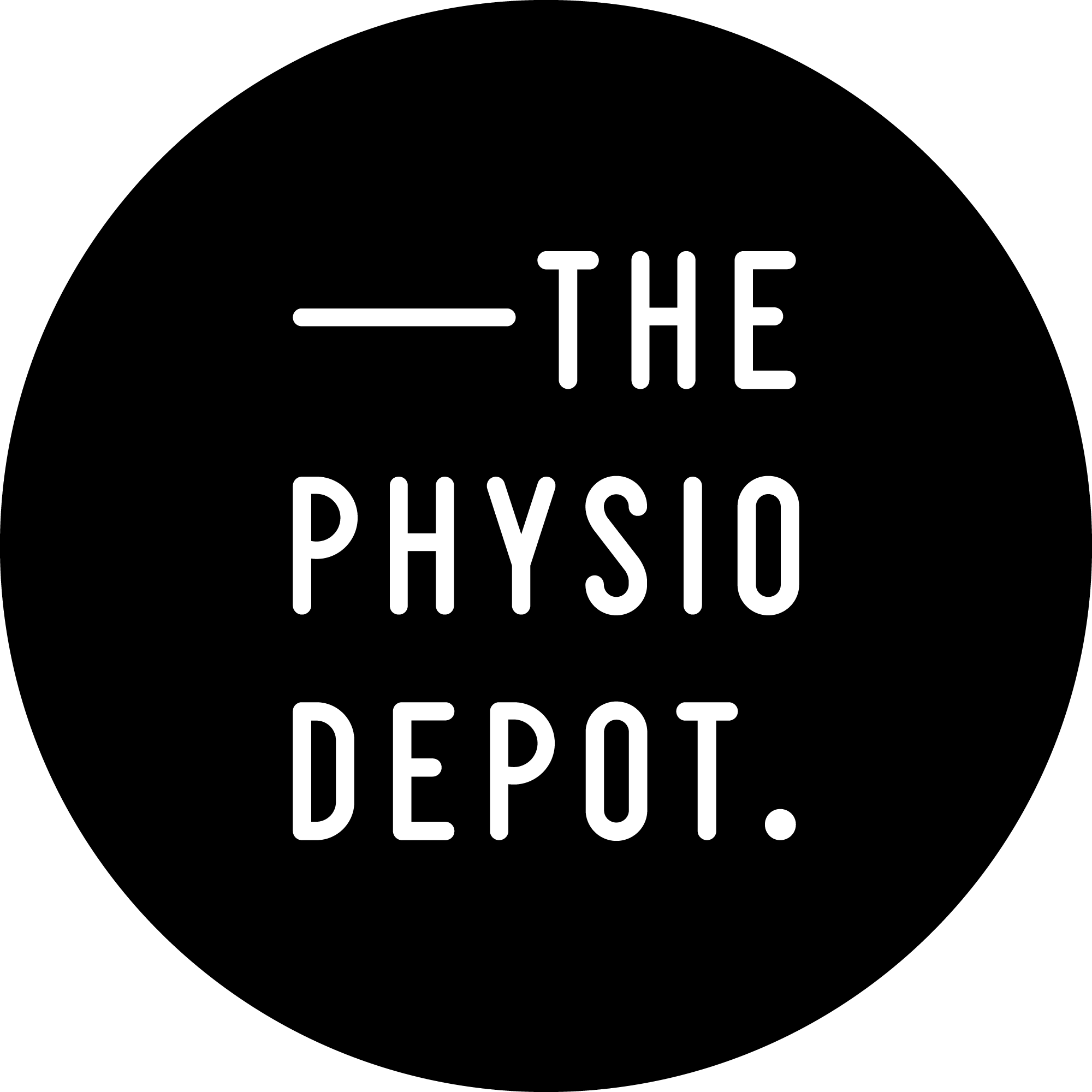Women’s Health Physiotherapy
Is it worth seeing a pelvic floor physio?
Yes! Seeing a pelvic floor physiotherapist is absolutely worth it if you’re experiencing any symptoms related to pelvic health, pregnancy, postpartum recovery, or general core weakness. Even if you’re not having major issues, a check-up can help prevent future problems.
Why It’s Worth It:
✅ Improves Bladder & Bowel Control – Helps with urinary incontinence, urgency, and constipation.
✅ Reduces Pelvic Pain – Treats conditions like vaginismus, painful sex, and chronic pelvic pain.
✅ Supports Pregnancy & Postpartum Recovery – Prevents issues like prolapse, back pain, and abdominal seperation.
✅ Helps Prevent & Manage Prolapse – Strengthens pelvic support muscles to reduce risk.
✅ Aids in Core & Posture Strength – Improves stability and reduces strain on the back and hips.
✅ Enhances Sexual Function – Strengthens or relaxes pelvic muscles for better comfort and sensation.
Even if you feel fine, prevention is key, especially during pregnancy, after childbirth, or as you age. A pelvic floor physio can teach you how to correctly activate and relax your pelvic muscles, ensuring long-term health.
Your guide to a women’s health physiotherapy appointment:
Here’s what to expect
Initial Consultation (60 min)
Discussion & History
– Your physio will ask about your symptoms, medical history, pregnancy/postnatal experiences, exercise habits, and lifestyle.
Posture & Movement Assessment
– They may check your standing posture, walking, breathing, and core engagement.
Pelvic Floor & Abdominal Check (if relevant) – This may include:
-
External examination (checking core strength, lower back, hip, and pelvis function).
-
Internal examination (optional & only with consent) – A vaginal or rectal exam may be done to assess pelvic floor strength, coordination, and any issues like prolapse or tightness.
-
Ultrasound – Some clinics use real-time ultrasound to assess muscle activation.
Treatment Plan
Pelvic Floor Exercises – Tailored to strengthen or relax your muscles.
Manual Therapy – Massage and joint mobilisation for pain relief.
Postural & Core Training – Helping improve movement patterns.
Bladder & Bowel Techniques – Training for incontinence or urgency issues.
Lifestyle Advice – Including breathing techniques, diet, and movement strategies.
Follow-Up Appointments
Most people need a few sessions to see progress, with exercises to do at home.
If you have any questions get in touch or a book a session here




